Refine listing
Actions for selected content:
2251 results in Cambridge Elements

The Pyrite Trace Element Paleo-Ocean Chemistry Proxy
-
- Published online:
- 28 November 2020
- Print publication:
- 24 December 2020
-
- Element
- Export citation
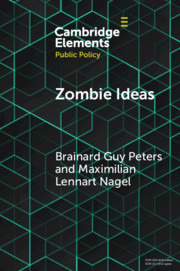
Zombie Ideas
- Why Failed Policy Ideas Persist
-
- Published online:
- 27 November 2020
- Print publication:
- 24 December 2020
-
- Element
- Export citation
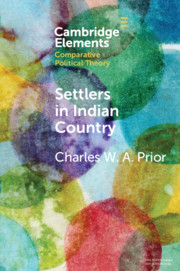
Settlers in Indian Country
- Sovereignty and Indigenous Power in Early America
-
- Published online:
- 25 November 2020
- Print publication:
- 17 December 2020
-
- Element
- Export citation

Great War, Religious Dimensions
-
- Published online:
- 24 November 2020
- Print publication:
- 03 December 2020
-
- Element
- Export citation
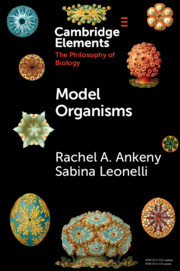
Model Organisms
-
- Published online:
- 24 November 2020
- Print publication:
- 28 January 2021
-
- Element
-
- You have access
- Open access
- HTML
- Export citation
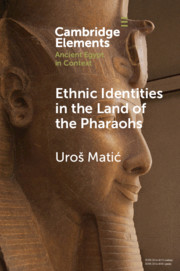
Ethnic Identities in the Land of the Pharaohs
- Past and Present Approaches in Egyptology
-
- Published online:
- 23 November 2020
- Print publication:
- 17 December 2020
-
- Element
- Export citation
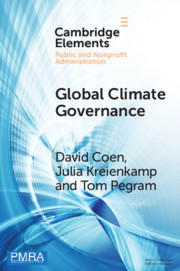
Global Climate Governance
-
- Published online:
- 20 November 2020
- Print publication:
- 17 December 2020
-
- Element
- Export citation
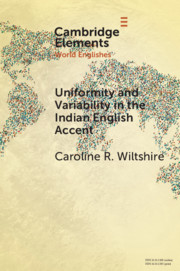
Uniformity and Variability in the Indian English Accent
-
- Published online:
- 20 November 2020
- Print publication:
- 17 December 2020
-
- Element
- Export citation
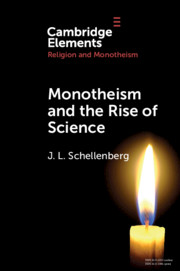
Monotheism and the Rise of Science
-
- Published online:
- 20 November 2020
- Print publication:
- 17 December 2020
-
- Element
- Export citation
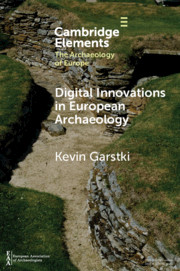
Digital Innovations in European Archaeology
-
- Published online:
- 16 November 2020
- Print publication:
- 10 December 2020
-
- Element
- Export citation
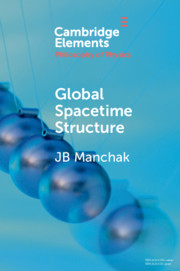
Global Spacetime Structure
-
- Published online:
- 13 November 2020
- Print publication:
- 03 December 2020
-
- Element
- Export citation

Ecosemiotics
- The Study of Signs in Changing Ecologies
-
- Published online:
- 13 November 2020
- Print publication:
- 10 December 2020
-
- Element
- Export citation
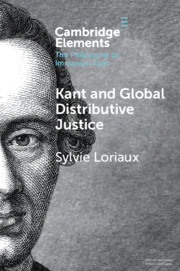
Kant and Global Distributive Justice
-
- Published online:
- 13 November 2020
- Print publication:
- 03 December 2020
-
- Element
- Export citation

How Local Governments Govern Culture War Conflicts
-
- Published online:
- 12 November 2020
- Print publication:
- 10 December 2020
-
- Element
- Export citation

Metamaterials and Negative Refraction
-
- Published online:
- 11 November 2020
- Print publication:
- 10 December 2020
-
- Element
- Export citation
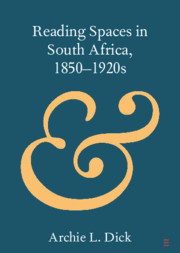
Reading Spaces in South Africa, 1850–1920s
-
- Published online:
- 10 November 2020
- Print publication:
- 26 November 2020
-
- Element
- Export citation
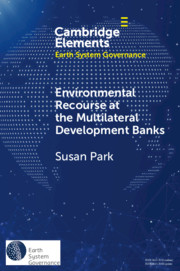
Environmental Recourse at the Multilateral Development Banks
-
- Published online:
- 09 November 2020
- Print publication:
- 03 December 2020
-
- Element
- Export citation
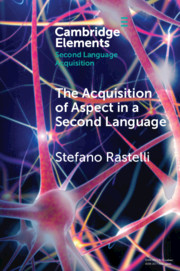
The Acquisition of Aspect in a Second Language
-
- Published online:
- 09 November 2020
- Print publication:
- 03 December 2020
-
- Element
- Export citation
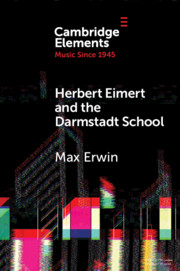
Herbert Eimert and the Darmstadt School
- The Consolidation of the Avant-Garde
-
- Published online:
- 09 November 2020
- Print publication:
- 03 December 2020
-
- Element
- Export citation
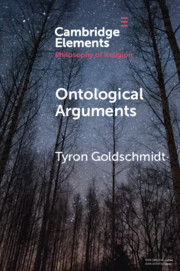
Ontological Arguments
-
- Published online:
- 06 November 2020
- Print publication:
- 03 December 2020
-
- Element
- Export citation
